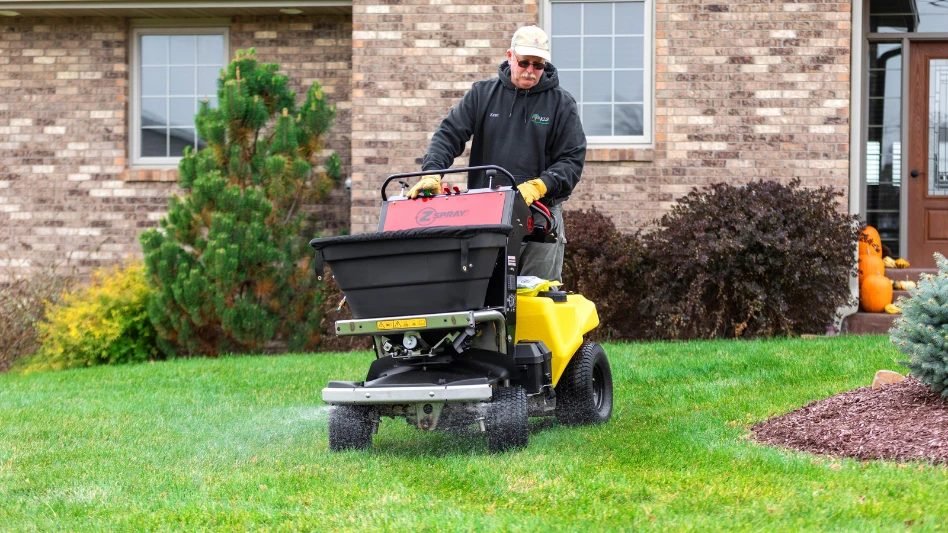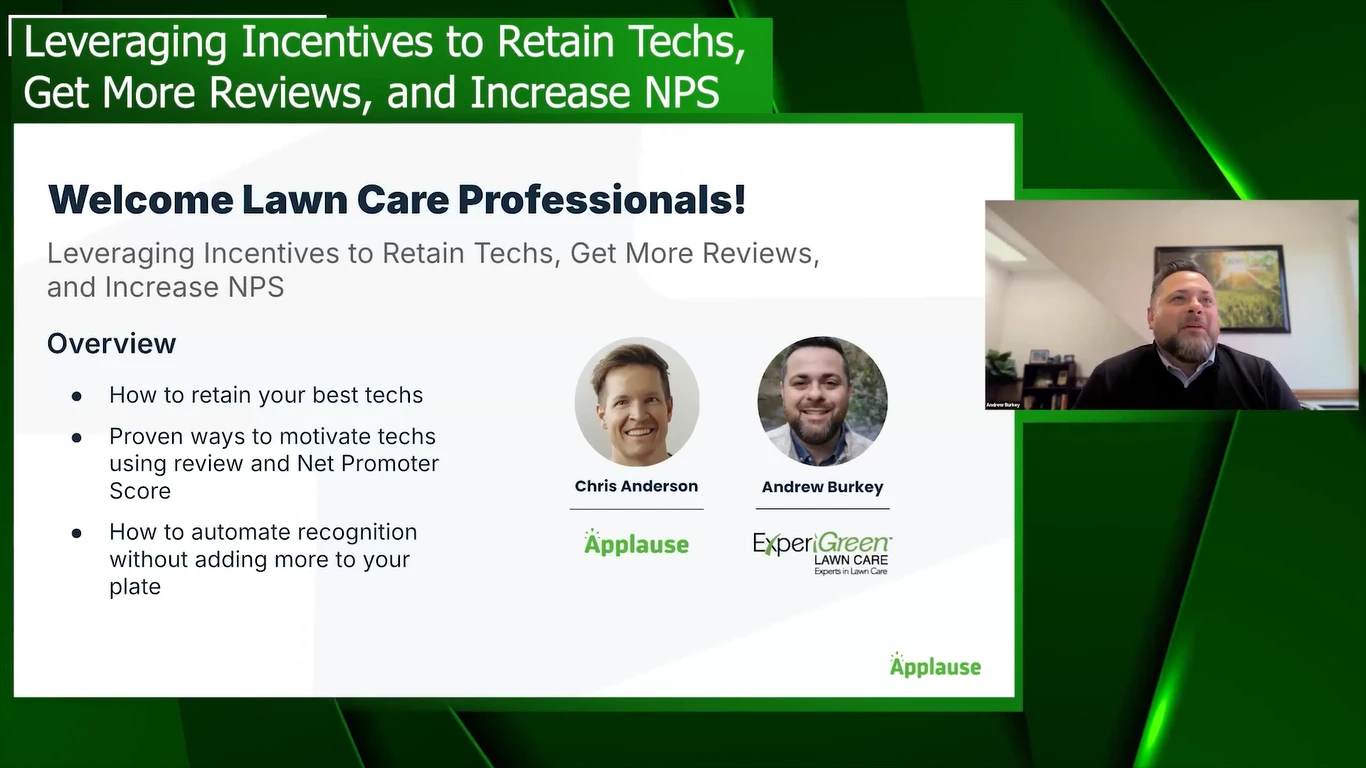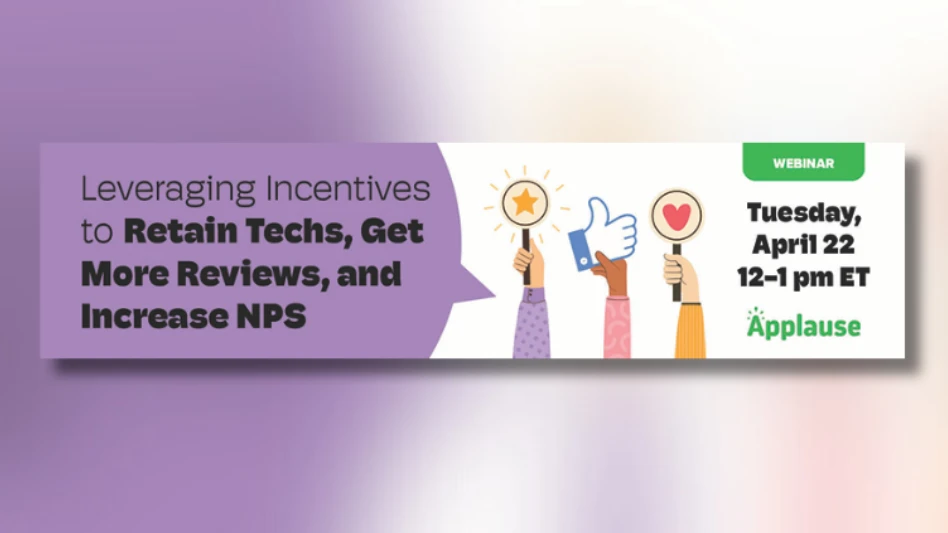
When Hurricane Irma hit Florida in September 2017, cleanup work added to many landscapers’ workloads. Companies like O’Donnell Landscape in Estero, Florida, transitioned from their usual landscape design work to tree care work to help perform cleanup jobs. For O’Donnell Landscape, cleanup work occupied most of their time for six to eight weeks after the storm.
“We went from a landscape company to tree care. Getting roads open for safety and medical professionals was job No. 1,” said Al O’Donnell, president of O’Donnell Landscape.
While O’Donnell Landscape contracted most of the cleanup jobs it performed in the aftermath of Hurricane Irma, O’Donnell received a call from a past client and acquaintance who needed help restoring Everglades Wonder Gardens, a botanical garden and zoo in Bonita Springs, Florida.
“Thomas Hecker, (executive director of Everglades Wonder Gardens), called us and asked us to help him,” O’Donnell said.
Over half of the Everglades Wonder Gardens’ trees were destroyed and almost all had broken limbs. So, O’Donnell Landscape donated time and equipment to the park about five weeks after the storm, free of charge.
“It’s a local park, and they weren’t getting anyone else to do the job and bring in a crane to help move trees – that wasn’t in their budget,” O’Donnell said.
O’Donnell first came up with a game plan to salvage some of the trees that fell. He said he had to figure out how to maneuver equipment into the park and determine which trees would be able to stand up, even though many trees were lying on top of each other. He also ran into the challenge of trees breaking after trying to stand them up. “It was like going to a pile of pickup sticks and figuring out what to save,” he said.
O’Donnell Landscape crews assisted with cleanup at the Everglades Wonder Gardens for about 10 days. Other volunteers also helped with efforts at the park, and nurseries donated plant materials, O’Donnell said. Although the park looks “stumped back” now, O’Donnell estimates it will look as good as normal in two to five years. In the end, O’Donnell’s crews provided about $31,000 of free services to Everglades Wonder Gardens. Had his crew not helped, most of the trees that fell would likely have died.
“This was a situation where professionally it was something we could do to make a difference,” O’Donnell said.
Pesticide professionalism
How LCOs can maintain professional personas to avoid scrutiny. By Lauren Rathmell
With growing scrutiny targeted at lawn care companies, Bob Mann, director of government relations for the National Association of Landscape Professionals, said it’s important for companies to do their best to maintain a professional persona. “We need to be trying to advance the professionalism in this industry,” he says.
At Real Green’s Solutions 2018 conference in St. Petersburg, Florida, Mann offered a few tips for lawn care companies to keep their operations professional and productive.
KNOW YOUR EQUIPMENT.
This might seem like a no-brainer, but understanding when to use what type of equipment will help prevent an accident or damage.
“You need to make sure you keep your equipment properly maintained and calibrated for every application,” Mann said.
He said it’s important to keep up with small maintenance duties like scraping buildup off propellers and cleaning nozzles before or after each use.
“If you need to, take your equipment to some asphalt to see what the spray pattern will look like,” Mann said.

Notify customers in advance.
Mann recommends sending email blasts that include the date and time of the service, along with any important information related to the service.
Keep productivity in mind.
Try to keep operations consistent. Walking around the property to look for obstacles will enhance your productivity. Also, enforcing uniform operations such as always knocking on the customer’s door to let them know you’re there will build trust.
Be professional and precise.
“We always started our applications in the back and worked our way to the front,” Mann, formerly an agronomist at Lawn Dawg, said. He also said to work in straight lines only to get the best-looking results.
“Don’t get too close to the edge, either,” he said. “We would always go in with a sprayer to do the edges.”
Recording the work you perform will also come in handy in case any issues pop up with the property owner.
Clean up your mess.
Keeping those pesticides off areas like driveways and streets will portray a look of professionalism.
“If it’s not turf, it needs to be cleaned up immediately,” Mann said. “Spray it off and get it cleaned. When you don’t clean it up, it reflects on all of us.”
Using a deflector will control the flow and direction of the spray to make your cleanup easier.
Be aware of ‘do not’ on labels.
“The two most important words on any label are ‘do not,’” Mann said. Follow all label instructions word for word to avoid accidents and malpractice. The labels will have information regarding the amount of application, working conditions and any safety information related to the product.
Transportation.
“Other people need to know what you have in your containers,” Mann said. “They need to be clearly labeled.” If there is an accident on a job site, first responders may need to know what type of chemical was involved to respond to the situation appropriately.
Reusing containers can also cause confusion for newer employees trying to learn each type of pesticide. Once the containers are empty, be sure to read the label for proper disposal.
When transporting your chemicals, make sure to keep them securely tied down to prevent spillage.
Dress for success.
Anyone handling any sort of chemical must have the proper attire. Long sleeve shirts, long pants, long gloves and eye protection are necessities. Nitrile gloves are easy to find, but read the labels of the products to find out how thick the gloves should be.
For safe, chemical-resistant shoes, Mann recommends hiking boots for comfort while walking as well as rubber impervious boots to put over them during application.
RCI acquires Massengale Grounds Management
Slidell, La. – Rotolo Consultants Inc. (RCI) acquired Massengale Grounds Management, a commercial landscape maintenance company with operations throughout south Louisiana. The acquisition helps RCI to expand its footprint in Louisiana. RCI has operations in Alabama, Louisiana, Mississippi and Tennessee. It employs more than 600 people at its nine locations.
This marks RCI’s second acquisition in the past year. The company also acquired Greenscape Grounds Management, based in Lafayette, Louisiana, in June 2017.
“We are excited to include Massengale as part of the RCI family,” said Keith Rotolo, president and CEO of RCI. “They have an exceptional management team that brings a tremendous amount of experience and knowledge to RCI.”
Massengale has provided landscape maintenance services to customers near Baton Rouge, Louisiana, for decades and RCI will continue to provide those customers with services there.
“We are very excited about the possible opportunities when two great organizations join to leverage their strengths,” said Toby Massengale, Massengale owner.
Rotolo said RCI plans to make other acquisitions in 2018 in its core geographies as well as expansion in adjacent markets.
Maine city council passes synthetic pesticide ban
Portland, Maine –The Portland City Council approved an ordinance on Jan. 3 that prohibits the use of synthetic pesticides for outdoor pest management on public and private properties, the Portland Press Herald reported.
Councilors voted 9-0 to approve the ordinance after a one-hour workshop that was followed by a debate on 10 proposed amendments to the pesticide law. Two amendments passed, one of which set the ordinance’s start date for July 1, 2018.
According to the Portland Press Herald, the ordinance was recommended in October by the council's Sustainability and Transportation Committee.
NALP offers online business courses for 2018
Fairfax, Va. – The National Association of Landscape Professionals partnered with Cengage Learning and ed2go to deliver online courses that can help develop staff skills. The online courses are each about 12 lessons and take six weeks to complete. There are more than 100 courses to choose from, including topics such as leadership, supervision, QuickBooks, accounting, Microsoft Office products and Speed Spanish.
“We know that the winter season is a key time for staff training and development, and we hope this low-cost solution for self-directed education offers companies a good resource,” said Sabeena Hickman, CAE, NALP CEO.
The courses can be found at ed2go.com/nalp/. Most courses offered cost about $115.
All questions about the course options can be emailed to NALP Director of Technical Education Rex Bishop at rex@landscapeprofessionals.org.
Ruppert expands in Virginia, names new branch manager
Laytonsville, Md. – Ruppert Landscape expanded its operations to include a new branch in southern Richmond, Virginia. This branch joins four existing landscape management branch offices in Virginia located in northern Richmond, Gainesville, Alexandria and Fredericksburg. With the expansion, Dave Sharry has been promoted to serve as branch manager in southern Richmond.
“Dave’s work and performance was a major factor in Richmond’s growth and our ability to create the opportunity to split the existing Richmond branch into two,” said region vice president Fred Key.
Sharry has more than 26 years of green industry experience and is a Marine Reserve veteran. He joined the company in 2011 as an area manager at a time when Richmond operations were just getting off the ground, and he has since been instrumental in the growth of the Richmond branch.
As a branch manager, he will be responsible for the overall welfare of the branch, including the safety and development of his team, strategic planning and budgeting, training and day-to-day operations.
In addition, the company promoted Rob Groves to serve as the new branch manager for its branch in northern Richmond, Virginia. Groves has more than 15 years of green industry experience and holds a degree in ornamental horticulture from Pennsylvania College of Technology. He has been with Ruppert for over 10 years, having started his career with Ruppert as an enhancement field manager in the company’s Gainesville, Virginia, landscape management branch. Within a year, he was promoted to enhancement manager and after serving in that role for six years, he took a position as area manager.
As a branch manager, he will be responsible for the welfare of the northern Richmond branch, including the safety and development of his team, strategic planning and budgeting, training and day-to-day operations.
New products: New to market
Here are some of the latest tools and products to help contractors.
70-series EXL saw chain - Oregon

The pitch: Oregon Outdoor Power Equipment’s 70-Series EXL saw chain features:
- A proprietary multi-axis grind technology and precision-ground cutters to help the saw power through timber.
- LubriTec technology that keeps saw chain and guide bar oiled for less friction and longer life.
- Improved grind shape profile to better match the shape of the file, making it easier to file a precise edge.
- The Gold Loop Start Indicator makes sharpening easier with start-stop identification.
- An overall design that reduces the force applied by the operator.
For more information: Oregonproducts.com
Mower-mounted ramps - Curb Commander

The pitch: These mower-mounted curb ramps from Curb Commander help lawn care companies with their bottom line.
- They allow easy curb access, saving repair costs.
- Designed to fit commercial walk-behinds, stand-ons and riding mowers.
- The universal mounting brackets will fit most commercial mower brands.
For more information: Curbcommander.com
L-Series compact wheel loaders - Deere

The pitch: The L-series models are built for tasks that require peak productivity in small spaces and over rough terrain.
- The 62 horsepower (46 kW) 204L and 67 horsepower (50 kW) 304L models are equipped with Tier 4 Final Yanmar engines and fuel-efficient hydrostatic transmissions to keep noise to a minimum.
- An optional ride control is now available to reduce material spillage.
- Automatically activated front- and rear-differential locks provide increased traction in harsh conditions.
- The machine height of the 204L is configurable to less than 8 feet.
- Compatible with about 100 John Deere Worksite Pro attachments.
- Optional enclosed cab or open station, providing 360-degree attachment visitliy. An improved interior cooling system keeps the operator comfortable in warmer temperatures.
For more information: Deere.com
The Ultimate Combo - BWise

The pitch: The Ultimate Combo from BWise Manufacturing was designed with the serious landscaper, hardscaper and contractor in mind.
- An 8-foot enclosed v-nose box with 72-inch side ramp door and 30-inch man door provide storage and access for mowers, hand-held equipment and supplies.
- The 10-foot x 82-inch dump box with 47-degree dump angle can handle dirt, mulch, sand, stone and other landscape material.
- The Ultimate Combo is also equipped with a landscape ramp/gate, allowing for easy unloading and loading as well as transport of additional and larger equipment. The Ultimate Combo is manufactured with a BWise 4-inch power up / down cylinder and a Bucher pump.
- A 25-foot corded remote, wireless remote and 110V/5Amp charger are standard equipment, along with a BWise 10,000 pound Hyjacker hydraulic jack. Standard aluminum wheels complete the package.
For more information: Bwisetrailers.com
Ask the Experts: Guidelines for safety and finance planning
Professionals offer input on OSHA safety guidelines and becoming stronger financially.
Q: We are looking for information for how to properly mark and secure our vehicles on the side of the road. Can you please advise where we can get specific Department of Transportation (DOT) requirements for our state? We have looked at the DOT website and can’t find anything.
A: There are federal Occupational Safety and Health Administration (OSHA) guidelines on work zone safety that would be useful for landscape firms that may have vehicles operating near their work sites that could create potential work zone hazards to themselves or the general public.

The best reference on the proper worker and site safety recommendations can be found online at bit.ly/OSHAworkzone – this is a helpful document that should provide the information needed to reduce a firm’s liability in the event of a personal injury incident. I also would recommend that if your firm regularly works on or near public right-of-way, and that you prepare and enforce a "written" Work Zone Safety Plan to be shared with employees at new employee orientation and during periodic safety training sessions. There are also guidelines and resources provided in an article written for National Association of Landscape Professionals (NALP) – bit.ly/NALPsafetytrucks – on how to safely park trucks and trailers at jobsites that would address your concerns. This article has a checklist for employers and supervisors on how to prevent any incidents from occurring and includes links to resources such as “flagger training and certification requirements by state” which can be found here: bit.ly/WorkzoneFlaggerTraining.
By meeting OSHA standards despite a possible lack of DOT standards your company will be proactively protecting the welfare and safety of not only your employees but general publics as well.
Sam Steel, Ph.D., NALP Safety Advisor
Q: We have been struggling financially this year. I need some help with financial projections/cash flow predictions. Do you have any advice?
A: I am sorry to hear about your financial struggles and please know that everyone has experienced the ups and downs of running a business. There are a few immediate things that come to mind that may help your situation.
First, if you aren’t using one already, I would encourage you to look for a good landscape industry software that would provide you with tools for budgeting, estimating, scheduling and time sheets to name a few. You should look for software that will help you understand your numbers and what you should be charging or if you are charging enough.
I would also recommend that you price shop your commercial insurance package to possibly save some money for your landscape firm. Prices do vary, and shopping around can help.
Lastly, I would encourage you to offer customers a prepay discount at the beginning of the year with the discount coming back in the form of a gift certificate for the client. This will help you with cash flow up front.
These are just a few ideas to get you started. Reaching out to others to network and get guidance on solutions for your business problems is always a good start.
Adam N. Linnemann, NALP Trailblazer, Linnemann Lawn Care & Landscaping
Have a question for Ask the Experts? Send it to llexperts@gie.net

Explore the February 2018 Issue
Check out more from this issue and find your next story to read.
Latest from Lawn & Landscape
- Retargeting Ads – A Secret Weapon for Growing Your Lawn Care Business
- Leading a growing company
- Project EverGreen launches Clean Air Calculator
- Rain Bird acquires smart lawn care company OtO from Toronto
- PBI-Gordon names Marvin as VP of research and development
- Mean Green rolls out Vanquish Autonomous mower
- Focal Pointe launches new podcast series
- Navigating due diligence checklist for selling lawn business






